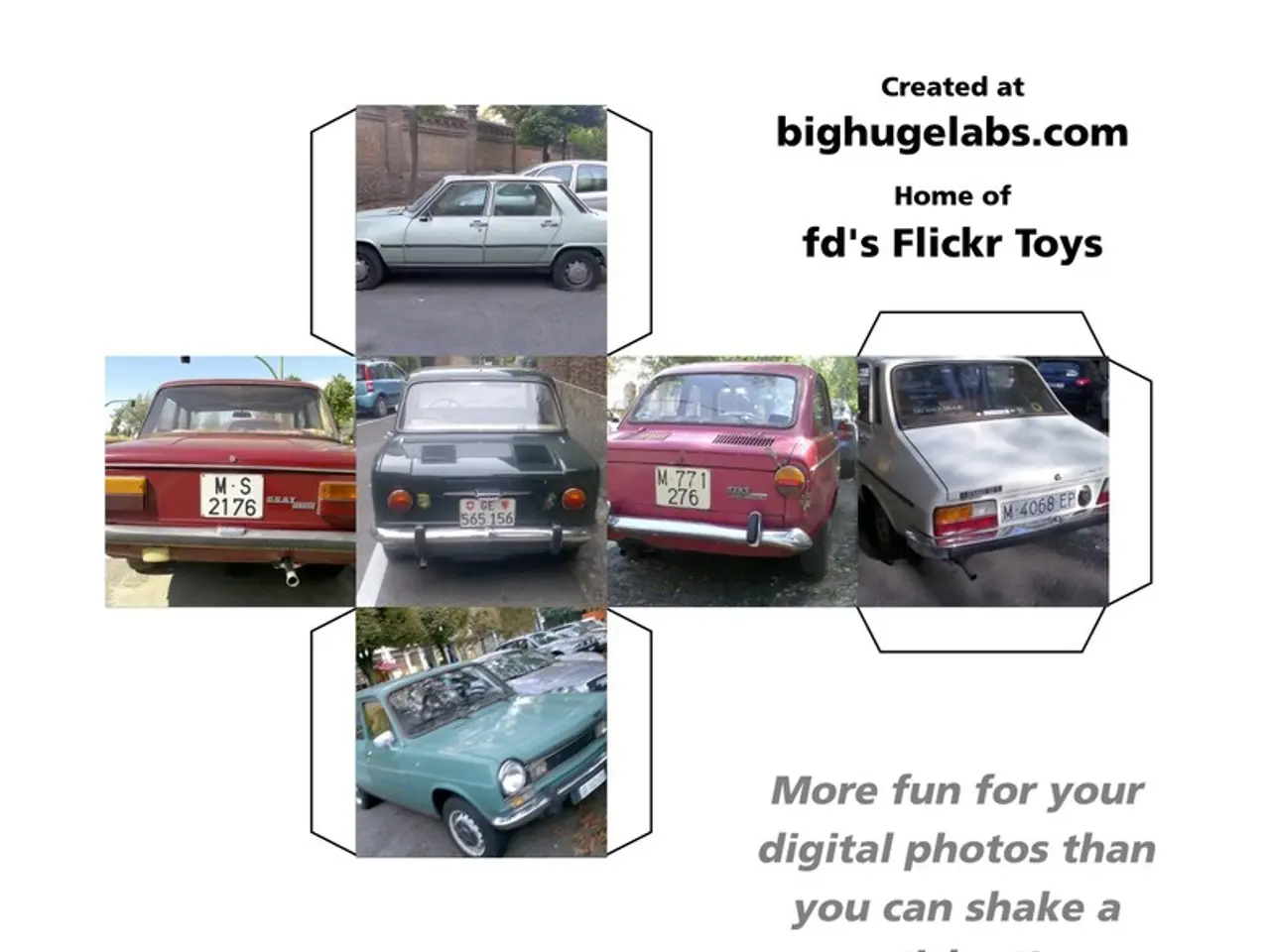The Impact of Technology on the Evolution of Commercial Vehicle Sector
Transforming the Commercial Vehicle Industry: Electric, Autonomous, and Efficient
The commercial automotive sector is undergoing a significant transformation, with electric vehicles (EVs), autonomous vehicles (AVs), and fuel-saving innovations taking centre stage. This shift, driven by environmental concerns and regulatory pressures, promises to reshape the industry, offering operational efficiencies, cost savings, and environmental benefits.
Electric and Hybrid Vehicles
The industry's shift towards electrification is evident, with the adoption of EVs and hybrids on the rise. Innovations in battery technology, such as solid-state batteries, offer higher energy density, enhanced safety, and lower costs compared to traditional lithium-ion batteries. Despite a predicted slowdown in pure EV growth by 2025 due to manufacturing costs, infrastructure limitations, and trade tensions, the focus is shifting towards hybrid vehicles that combine electric power with combustion engines to reduce emissions without the need for charging infrastructure.
Autonomous Vehicles
Autonomy is another key trend, with projections suggesting millions of autonomous vehicles on the roads within a few years. Autonomous vehicles enhance operational efficiency by reducing labor costs and potentially improving traffic flow and safety through connectivity. This trend, combined with electrification, is reshaping fleet operations with AI and connectivity playing pivotal roles.
Fuel-Saving Innovations and Fleet Management Software
Advanced fleet management software, powered by AI, IoT, and telematics, is revolutionizing operational efficiency, especially for electric fleets. These systems monitor vehicle battery state and energy use in real-time and optimize routing considering traffic, weather, and charging needs. This leads to substantial reductions in energy consumption, emissions, and operational costs, alongside improved reliability and delivery times.
Connectivity and Software-defined Vehicles
Increasing vehicle connectivity enables communication between vehicles and infrastructure, supporting predictive maintenance, personalized services, and new business models. By 2030, connectivity will be standard in most new vehicles, boosting efficiency and safety while enabling more data-driven innovation.
Environmental Impact and Operations
The adoption of electric and autonomous vehicles, combined with intelligent fleet management, significantly reduces greenhouse gas emissions. Expanding charging infrastructure is crucial to support this transition, as is integrating AI and software systems for efficient operation.
Geopolitical and Market Trends
The Chinese automotive industry continues to dominate EV production, with growing market influence globally, including openness among U.S. consumers to Chinese EVs due to affordability. Meanwhile, affordability remains a central consumer concern shaping market dynamics in 2025.
In conclusion, the future commercial automotive industry will be characterized by a blend of electric and hybrid vehicles, autonomous technologies, and advanced AI-driven fleet management enhancing operational efficiency and reducing environmental impact, with connectivity as a backbone for innovation and sustainability. This transformation promises to address historical challenges such as fuel efficiency, safety concerns, and environmental impact, ushering in a new era of sustainable transportation.
[1] "The Future of the Commercial Vehicle Industry: Trends and Developments." Industry Report, 2022. [2] "Efficiency and Cost Savings in Electric Fleets." Fleet Management Whitepaper, 2021. [3] "Autonomous and Connected Vehicles: The Future of Fleet Management." Fleet Management Journal, 2020. [4] "The Role of AI in Fleet Management." AI in Fleet Management Report, 2019. [5] "Market Dynamics and Consumer Preferences in Electric Vehicle Adoption." Market Research Report, 2021.
Read also:
- Fragrance imports from Kaş might have been among Europe's earliest bottles discovered.
- Tech mogul Erik Bergman, founder of Great.com, contributes a million dollars to clean water initiatives in Africa.
- Growing interest in private solar energy systems among American residents, emulating a widespread European trend.
- Heavy vehicles in Delhi to undergo retrofit with emission-reducing technology for trial period








